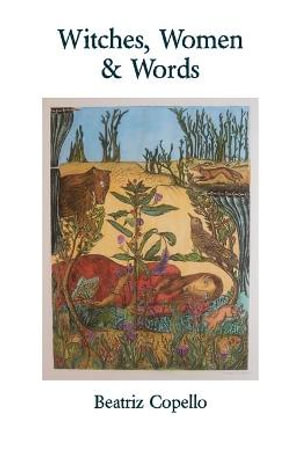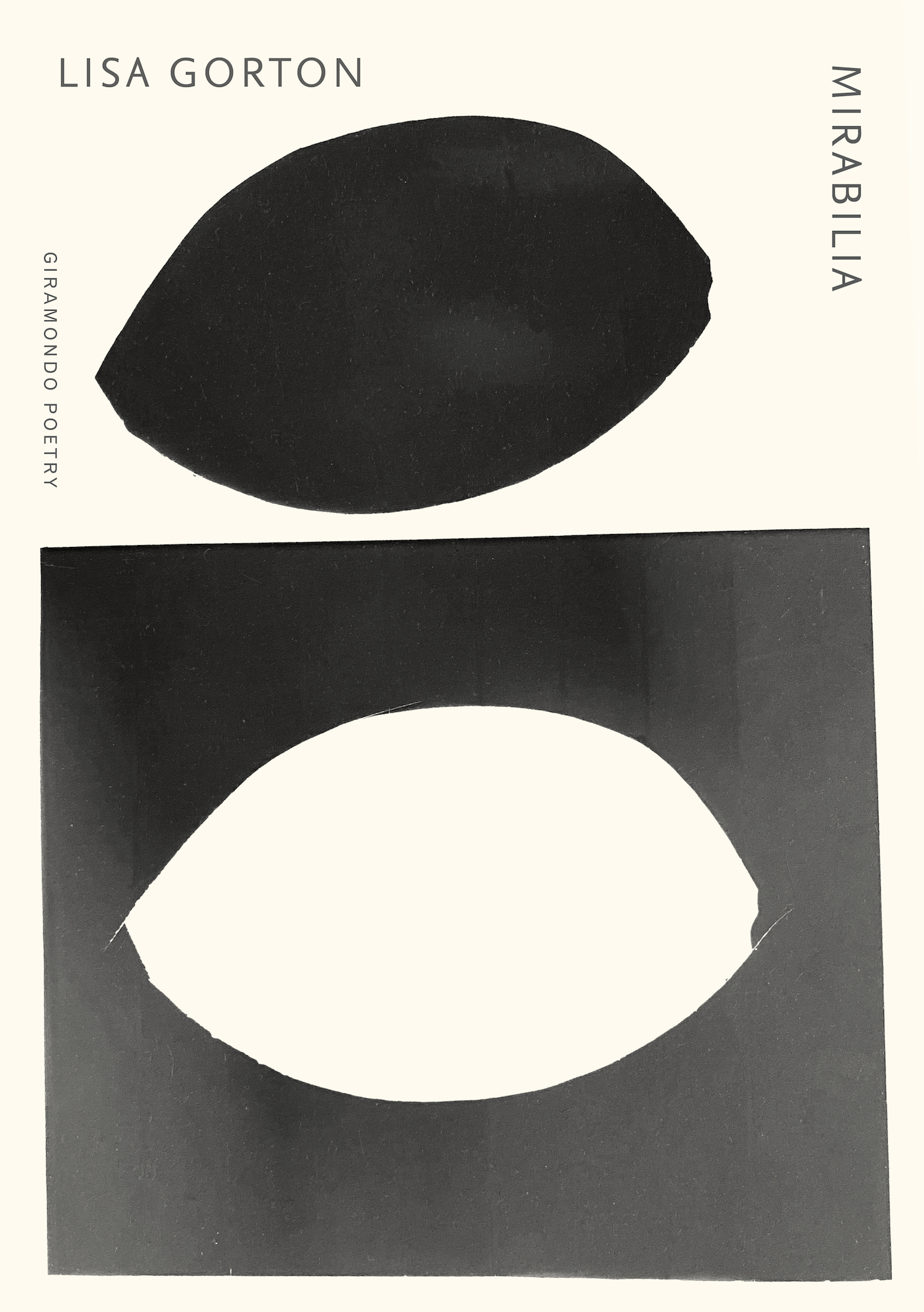 As you move through the poetry in this collection, it may seem as if the writer is resolved to experience her pain in its most primordial form, without barrier, defense, or comfort. Such sentiments break the surface in “Martyr”: “I permit myself neither opiate nor anodyne. I poke my finger straight into the socket—press my tongue hard to the ice-slick chain link.” The atonement of a survivor is operative here, but there is more.
As you move through the poetry in this collection, it may seem as if the writer is resolved to experience her pain in its most primordial form, without barrier, defense, or comfort. Such sentiments break the surface in “Martyr”: “I permit myself neither opiate nor anodyne. I poke my finger straight into the socket—press my tongue hard to the ice-slick chain link.” The atonement of a survivor is operative here, but there is more.
Tag: poetry
A review of V8 by PS Cottier and Sandra Renew
 A book about cars, motorbikes, etc? How strange I said to myself and wondered what poems about vehicles would look like. With what enthusiasm would I be reviewing it if I have no attachment or love for any form of transport? I knew that both poets were excellent writers and award winners so that gave me hope. Anxiously, I opened the book and started to read…and was mesmerised from the first few poems.
A book about cars, motorbikes, etc? How strange I said to myself and wondered what poems about vehicles would look like. With what enthusiasm would I be reviewing it if I have no attachment or love for any form of transport? I knew that both poets were excellent writers and award winners so that gave me hope. Anxiously, I opened the book and started to read…and was mesmerised from the first few poems.
A review of Witches, Woman and Words by Beatriz Copello
 Throughout this collection the poet argues strongly for the rights of women while foregrounding their innate strengths. She reflects on the way the social order, including the church has conspired to oppress the feminine but also finds solace in the natural world, which is seen as women’s true habitat where ‘Mother Earth embraces each and every one’.
Throughout this collection the poet argues strongly for the rights of women while foregrounding their innate strengths. She reflects on the way the social order, including the church has conspired to oppress the feminine but also finds solace in the natural world, which is seen as women’s true habitat where ‘Mother Earth embraces each and every one’.
A review of Torohill by Donna Reis
 In her new book of poems, Torohill, Reis revisits her past in a very human way that is intensely reflective, sometimes brutally stark, and often quite humorous. If comedy is just the other face of tragedy, then our catharsis lies within the synthesis of both. Reis knows this instinctively and expertly weaves both through her poems. It renders them remarkably touching but not in a saccharin or intentional manner. She allows feelings to vacillate and often startle and surprise us organically and authentically.
In her new book of poems, Torohill, Reis revisits her past in a very human way that is intensely reflective, sometimes brutally stark, and often quite humorous. If comedy is just the other face of tragedy, then our catharsis lies within the synthesis of both. Reis knows this instinctively and expertly weaves both through her poems. It renders them remarkably touching but not in a saccharin or intentional manner. She allows feelings to vacillate and often startle and surprise us organically and authentically.
A review of Nothing But Light by Barbara Schwartz and Krista J.H. Leahy
 Nothing But Light teems with characters such as Eve and Gaia, Judy Chicago and Hilma Klint woven into this tapestry of feminine wholeness, a wholeness that embraces rather than excludes. I love the power and playfulness of these poems that center the physical within the context of spiritual questing.
Nothing But Light teems with characters such as Eve and Gaia, Judy Chicago and Hilma Klint woven into this tapestry of feminine wholeness, a wholeness that embraces rather than excludes. I love the power and playfulness of these poems that center the physical within the context of spiritual questing.
Ascent into Blue: a review of Mist in Their Eyes by William Doreski
 For its imagery, lyricism and thought “Absolute Pine,” a very human poem really, is a fitting conclusion to this collection that is serious and funny, fraught with gloom and light, and good lines in memorable poems about people, places and things. A collection of poems in the distinct voice of a poet at the height of his skills.
For its imagery, lyricism and thought “Absolute Pine,” a very human poem really, is a fitting conclusion to this collection that is serious and funny, fraught with gloom and light, and good lines in memorable poems about people, places and things. A collection of poems in the distinct voice of a poet at the height of his skills.
Figurative in Forms: A review of The Fickle Pendulum by Paul Scully
 Scully’s The Fickle Pendulum is moody, joyous and dedicated to abstraction. It is an artist’s tome, a compendium for illustrating ideas or painting religious psalms and a reader’s banquet. As the title suggests, there is no route to follow in the inside pages because, like life, it is cyclic.
Scully’s The Fickle Pendulum is moody, joyous and dedicated to abstraction. It is an artist’s tome, a compendium for illustrating ideas or painting religious psalms and a reader’s banquet. As the title suggests, there is no route to follow in the inside pages because, like life, it is cyclic.
A review of The Lantern Room by Chloe Honum
 It would be foolish to start this review by saying these are the most beautiful poems I have ever read, but they are beautiful. From the first infinitely delicate poem where on the eve of turning thirteen, in a revelatory Paul of Tarsus moment, Honum discovers an angel of poetry whose ancient “mottled language” she will now speak, through all the book’s poems that look closely at and identify with small creatures, including butterflies, luna moths, hornets, sparrows, spiders, and sorrows, these are beautiful poems.
It would be foolish to start this review by saying these are the most beautiful poems I have ever read, but they are beautiful. From the first infinitely delicate poem where on the eve of turning thirteen, in a revelatory Paul of Tarsus moment, Honum discovers an angel of poetry whose ancient “mottled language” she will now speak, through all the book’s poems that look closely at and identify with small creatures, including butterflies, luna moths, hornets, sparrows, spiders, and sorrows, these are beautiful poems.
A review of Mirabilia by Lisa Gorton
 The richness in Gorton’s creativity is evident in all her poems, but in the second section of the book titled “Tongue” I was fascinated by how the poet takes the reader on trips to the past with narrative poetry that contains vivid images and keeps the reader glue to the page.
The richness in Gorton’s creativity is evident in all her poems, but in the second section of the book titled “Tongue” I was fascinated by how the poet takes the reader on trips to the past with narrative poetry that contains vivid images and keeps the reader glue to the page.
A review of All Poetry by Paulo Leminski
 Ultimately, this collection brings a great new poet to light from a country that often gets overlooked in English writing. Even more though, the variety of the work shows us that Leminiski is a poet who lived through poetry. He thought, breathed, and dreamed poetically, and the reader can delve into that life by experiencing the stages of it in this collection.
Ultimately, this collection brings a great new poet to light from a country that often gets overlooked in English writing. Even more though, the variety of the work shows us that Leminiski is a poet who lived through poetry. He thought, breathed, and dreamed poetically, and the reader can delve into that life by experiencing the stages of it in this collection.